Filter by
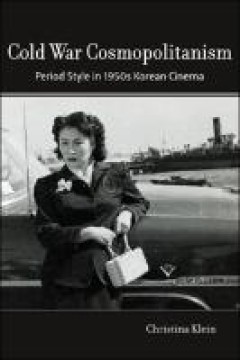
Cold War Cosmopolitanism
"Han Hyung-mo was a major figure within South Korea’s Golden Age cinema. The director of Madame Freedom (1956), the most famous film of the 1950s, Han made popular films that explored women’s relationship to modernity. He was also a master stylist who introduced technological innovations and fresh ideas about film form and genre into Korean cinema. This book offers a transnational cultural …
- Edition
- -
- ISBN/ISSN
- 9780520296503
- Collation
- -
- Series Title
- -
- Call Number
- -
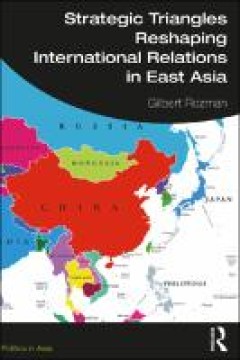
Strategic Triangles Reshaping International Relations In East Asia
Rozman shows how East Asia’s international relations over three decades can be best understood through the lens of triangles, analyzing relations between the key nations through a series of trilateral relationships. He argues that triangles present a convincing answer to the question of whether we had entered a new era of bipolarity like the Cold War or an age of multipolarity. Triangulation …
- Edition
- -
- ISBN/ISSN
- 9781000613957
- Collation
- -
- Series Title
- -
- Call Number
- -
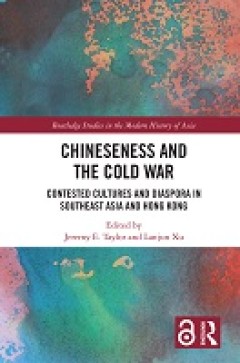
Chineseness And The Cold War
This book explores contested notions of “Chineseness” in Southeast Asia and Hong Kong during the Cold War, showing how competing ideas about “Chineseness” were an important ideological factor at play in the region. After providing an overview of the scholarship on "Chineseness" and "Diaspora", the book sheds light on specific case studies, through the lens of the "Chinese cultural Cold …
- Edition
- -
- ISBN/ISSN
- 9781032078892
- Collation
- -
- Series Title
- -
- Call Number
- -
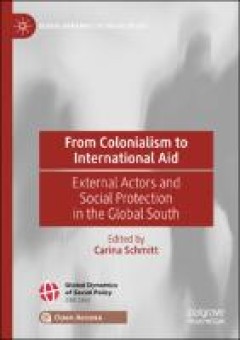
From Colonialism to International Aid External Actors and Social Protection …
This open access volume addresses the role of external actors in social protection in the Global South, from the Second World War until today, analysing the influence of colonial powers, superpowers during the Cold War and contemporary donor agencies. Following an introduction to the analysis of external actors in social policy making in the Global South, the contributions explore which externa…
- Edition
- -
- ISBN/ISSN
- 9783030382001
- Collation
- xxv, 384p.: ill.
- Series Title
- -
- Call Number
- 341.584
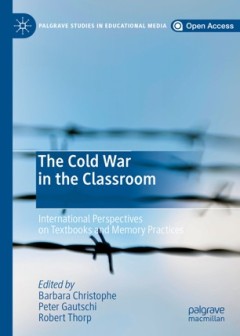
The cold war in the classroom : international perspectives on textbooks and m…
This book explores how the socially disputed period of the Cold War is remembered in today’s history classroom. Applying a diverse set of methodological strategies, the authors map the dividing lines in and between memory cultures across the globe, paying special attention to the impact the crisis-driven age of our present has on images of the past. Authors analysing educational media point t…
- Edition
- -
- ISBN/ISSN
- 9783030119997
- Collation
- xxx, 459p. : ill.
- Series Title
- -
- Call Number
- 909.825072 COL c
 Computer Science, Information & General Works
Computer Science, Information & General Works  Philosophy & Psychology
Philosophy & Psychology  Religion
Religion  Social Sciences
Social Sciences  Language
Language  Pure Science
Pure Science  Applied Sciences
Applied Sciences  Art & Recreation
Art & Recreation  Literature
Literature  History & Geography
History & Geography